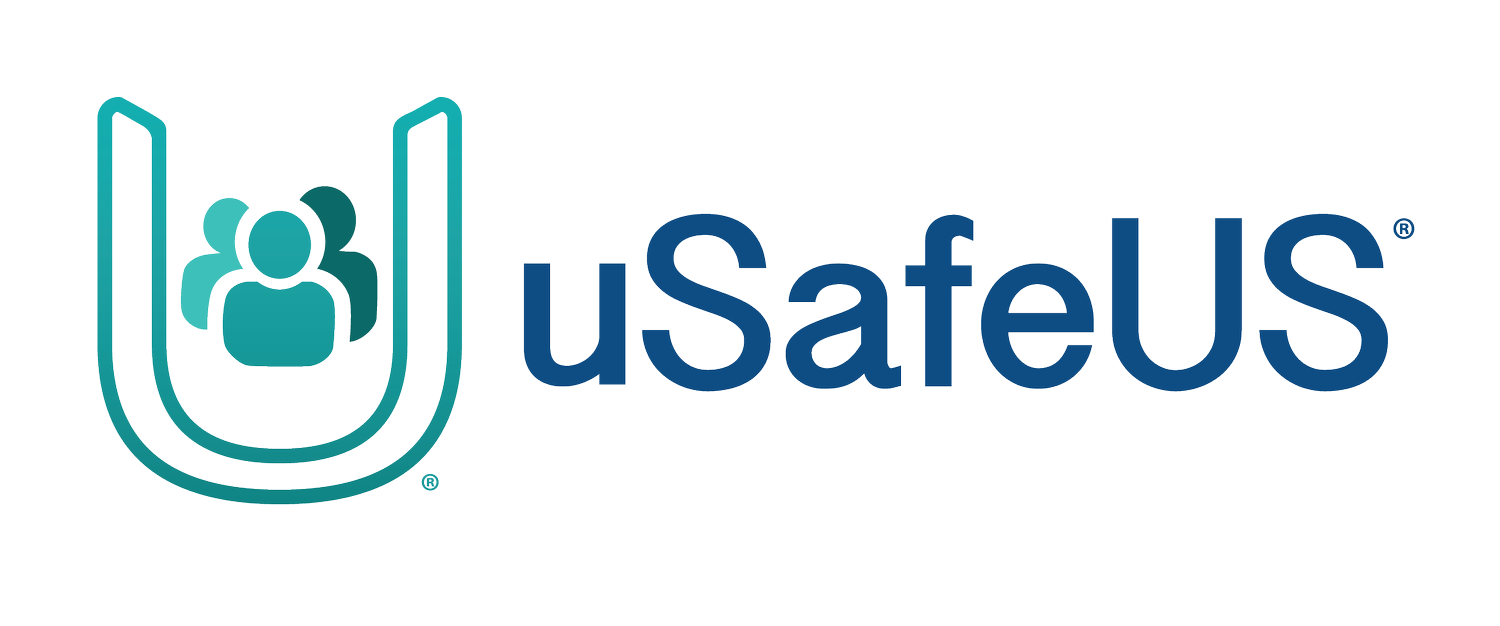The Role Campus Administrators Can Play in Reducing the Risk of Sextortion on Campus
What is Sextortion?
Sextortion is a form of blackmail where someone uses threats to coerce another person into sharing sexually explicit content. Unlike traditional extortion, where money is the currency, sextortion demands sexually explicit photos, videos, or personal stories. It is a serious and growing threat, especially among young people navigating their digital and personal lives.
But my student says they’ve never taken explicit content:
Even if a student has never taken or shared sexually explicit material, they can still be a victim of sextortion. Some perpetrators claim to already possess such material or use advanced tools like deepfakes to create convincing fake images or videos. The threat alone can be enough to cause emotional distress or force compliance.
Sextortion tactics you should be aware of:
Perpetrators may-
Offer money in exchange for explicit content
Pressure students into sharing intimate photos or videos
Refuse to delete shared content after a breakup
Make “jokes” or threats about publicly releasing explicit material
Share or threaten to share other private or intimate information without consent
What can campus administrators do to reduce risk?
As a campus administrator, you are in a powerful position to foster a safer digital environment. Here are several proactive steps:
Raise Awareness: Educate students and staff about what sextortion looks like and the red flags to watch for.
Teach Digital Safety: Encourage safe online behaviors such as using strong privacy settings, avoiding interactions with unknown accounts, and recognizing phishing or scam tactics.
Develop Clear Policies: Ensure that your campus has a formal policy addressing sextortion and digital harassment, and that students know how to report incidents safely and confidentially.
Foster a Supportive Culture: Promote transparency and safety through peer support networks, active bystander training, and consistent communication that it’s okay to ask for help.
What to do if a student has been targeted:
If a student discloses that they’ve been a victim of sextortion-
Listen Without Judgment: Offer a compassionate, non-judgmental space.
Encourage Them to Cut Off Contact: Advise the student to cease all communication with the perpetrator.
Preserve Evidence: Ask the student to save messages, images, or other records of interaction.
Report the Crime: Support the student in reporting the incident to local law enforcement and the FBI through the Internet Crime Complaint Center (IC3) or by calling 1-800-CALL-FBI. If the student is a minor, reports can also be submitted through the CyberTipline
Your Role Matters:
Sextortion can take a severe psychological toll on students, increasing the risk of depression, anxiety, and suicidal ideation. As a trusted campus leader, your response can make all the difference.
By fostering a culture of support, awareness, and action, you help ensure that students know they’re not alone and that there are real, tangible steps they can take to protect themselves and others.
Tools like the uSafeUS® app can connect students to campus resources, mental health counseling, and national services like the National Suicide & Crisis Lifeline (dial 988).
If someone you know is experiencing sextortion, report it. Help is available.
